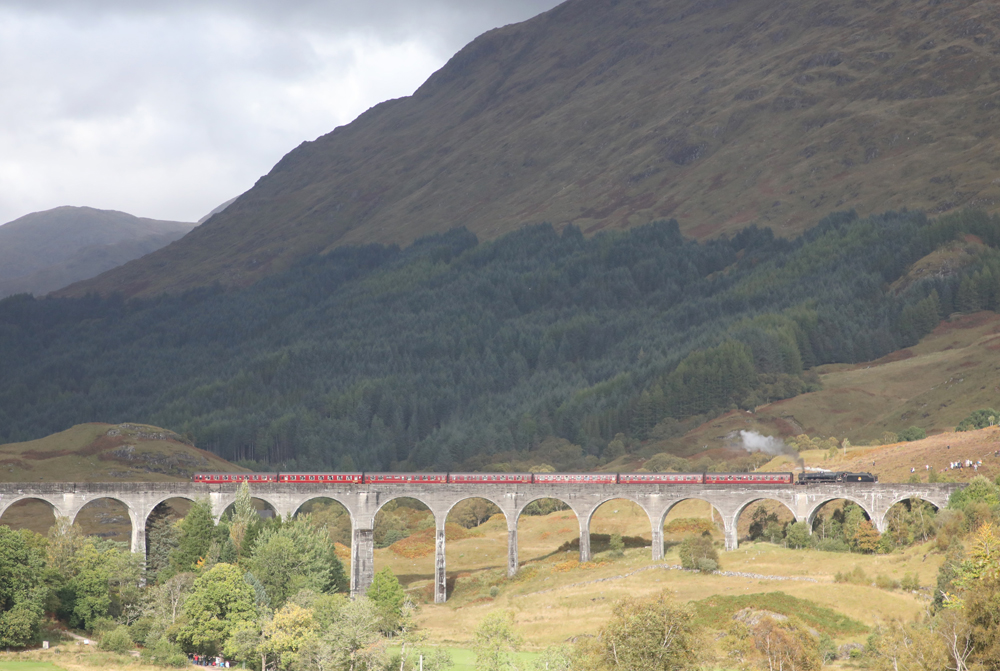
LONDON — The safety regulation dispute between British rail regulators and the operator of summer steam trains through the West Highlands of Scotland [See “Scotland’s famed ‘Harry Potter’ steam train faces regulatory threat” News Wire, Dec. 4, 2023] has gotten worse with the use of old British Rail passenger cars now banned on the mainline network unless equipped with centralized door locking.
As reported previously, Britain’s rail safety organization the Office of Rail and Road has been imposing more stringent rules on all charter train operators who use old BR equipment dating from the 1950s-70s. However, major charter operator and car leasing company West Coast Railways had refused to undertake the modification work and instead embarked on legal action to overturn the regulators’ decisions. The case was heard in late December with WCR arguing that the rules were designed for mainline commuter cars not the ones it uses for charter trains across the UK mainline network and the The Jacobite popularly known as the “Harry Potter Train” in Scotland.
WCR appealed to the High Court in England in 2023 but its appeal was dismissed on Dec. 22, 2023, with the judge describing the requirement imposed by the regulator for centralized door locking as “common sense.” The failure of WCR to enforce safety rules previously was also mentioned as the company’s legal case was dismissed.
In a formal notice issued by the regulator on Jan. 10, the former exemption given to WCR was removed and as a result the company cannot use its passenger cars on the British mainline network until they are modified with a new door locking system. The judge that threw out their legal appeal in December had made it clear in court that it was WCR’s choice not to comply with the rules and that, if it did, it could operate as before.
Given that the ORR had exempted WCR from its obligation to use centralized door locking for over a decade, on the basis that this would provide time to implement the changes, it’s hardly surprising the regulator acted so quickly after the court decision. However, WCR had based its early 2024 plans on the exemption expiring at the end of February, meaning a handful of charter trains in January and February may now be canceled unless alternative passenger cars can be sourced. Finding alternative cars may be possible in winter time but won’t be in the summer months when other operators are running their own programs.
The dispute over door locking for passenger cars is not the first time WCR and the regulator have been at odds. In 2015 a steam hauled mainline excursion operated by WCR came close to colliding with a high-speed passenger train after it overshot signals. Subsequent investigation found the engineer had disabled safety systems in the locomotive cab. The engineer and WCR were prosecuted by the regulator; the engineer received a suspended jail sentence and WCR was fined $254,000 (£200,000) but with new management allowed to resume operations.
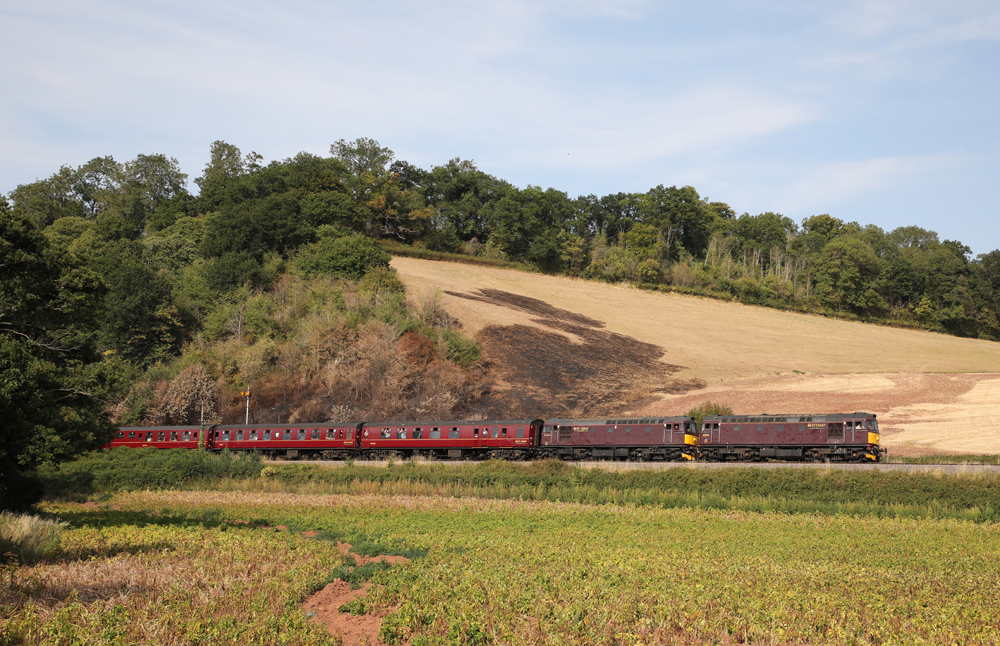
Possible endgame
As one of the biggest owners of ex-BR passenger cars for charter and excursion trains in the UK, the new situation not only threatens WCR operated trains like The Jacobite (Fort William to Mallaig) in Scotland but also the steam charter programs of several other companies who use the car fleet.
WCR told Trains, “We strongly urge the ORR to reconsider this decision urgently, otherwise we may need to suspend services planned from Jan. 27 [when a mainline steam charter is planned — Ed.], with immediate effect. Right now, our aim is to encourage the ORR to reconsider, to enable us to continue to operate our current services until at least the end of February 2024. We will notify customers well in advance if we do not expect their service to run. They will then be offered a full refund and can re-book their excursion if they wish.”
Despite this the WCR website is still selling tickets for 2024 trains.
WCR has previously said it cannot afford to equip cars with centralized locking systems as that will cost $8 million (£7million), which it says represents all profits made from running The Jacobite train previously. Asked this week by Trains whether it is now looking at fitting centralized door locking to overcome the ORR decision, WCR said, “We are considering a range of options, including evaluating the feasibility, costs, and timescales for fitting centralized door locking, as well as systems for operating without it.”
Most of WCR’s competitors in the charter train market have already modified their cars or agreed on a plan to do so. It seems unlikely The Jacobite train in Scotland will cease completely even if WCR is unable to run it, although it may be disrupted this year. The first Jacobite train of 2024 is due to run on March 28 (and then daily with two trains most days until Oct. 25 ). WCR began selling tickets for these trips in early December 2023.
According to WCR, The Jacobite contributes $25 million (£20 million) to the local economy. The train is one of the most profitable passenger operations in the country, according to several informed observers of the British rail industry. So on both grounds, it’s likely another operator would step in if WCR were unable to operate. Whether that will happen — and at all in 2024 — is unclear right now.






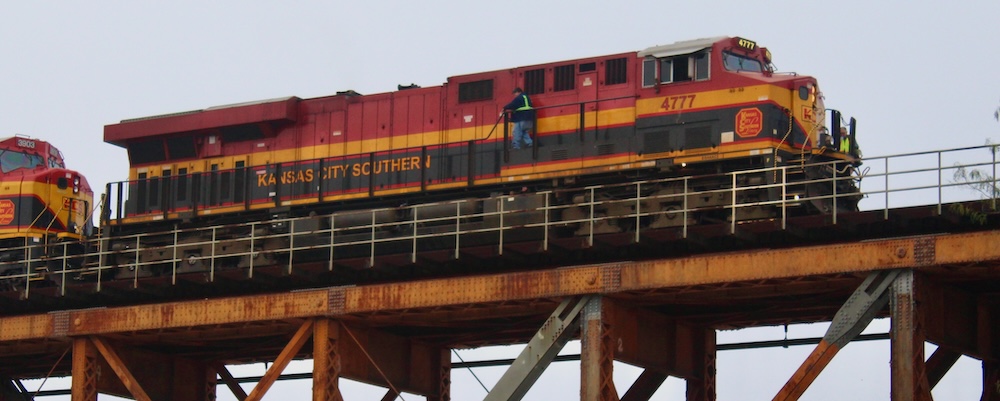
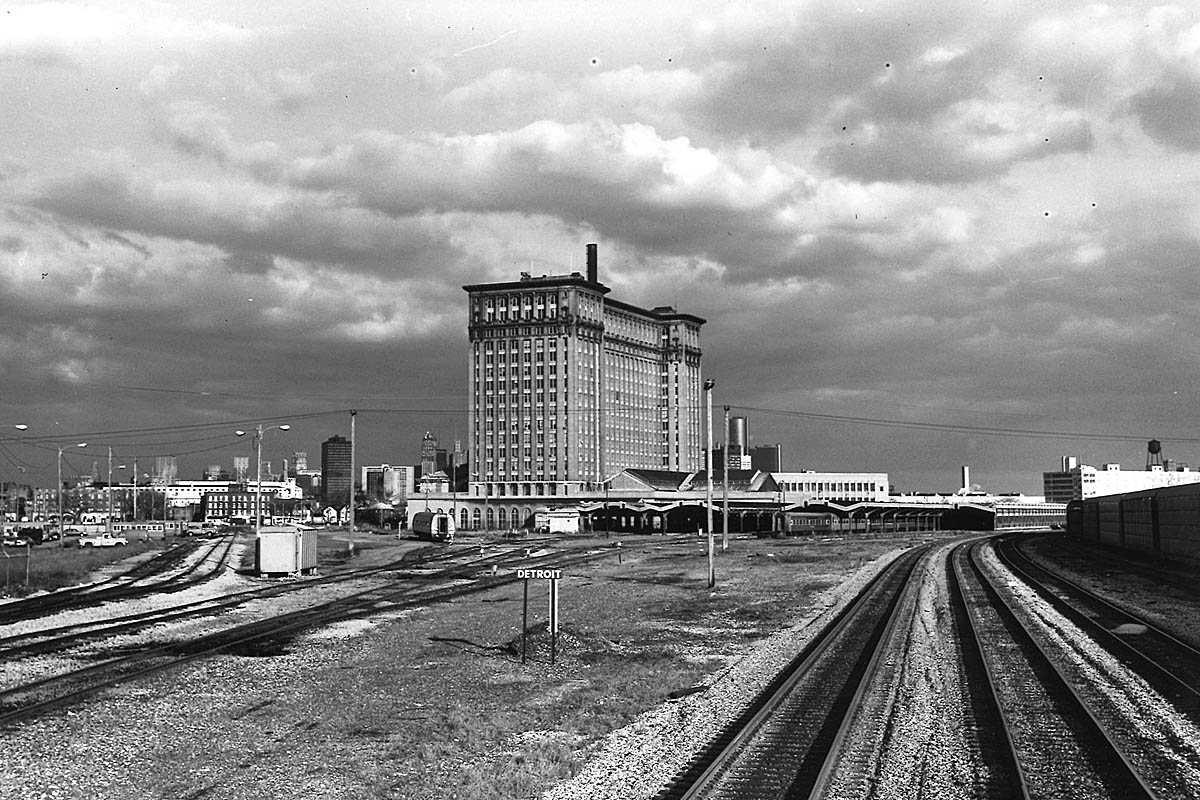
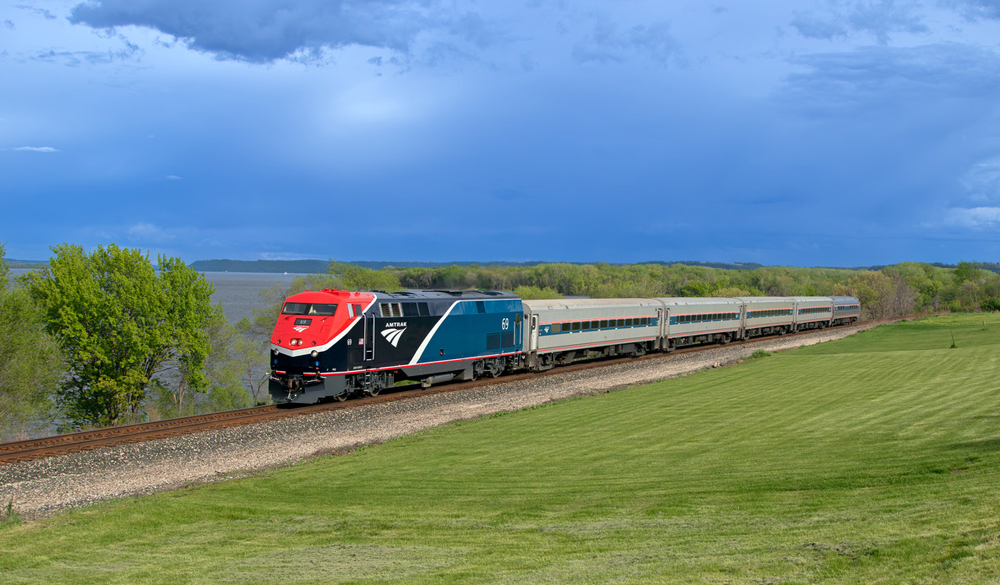
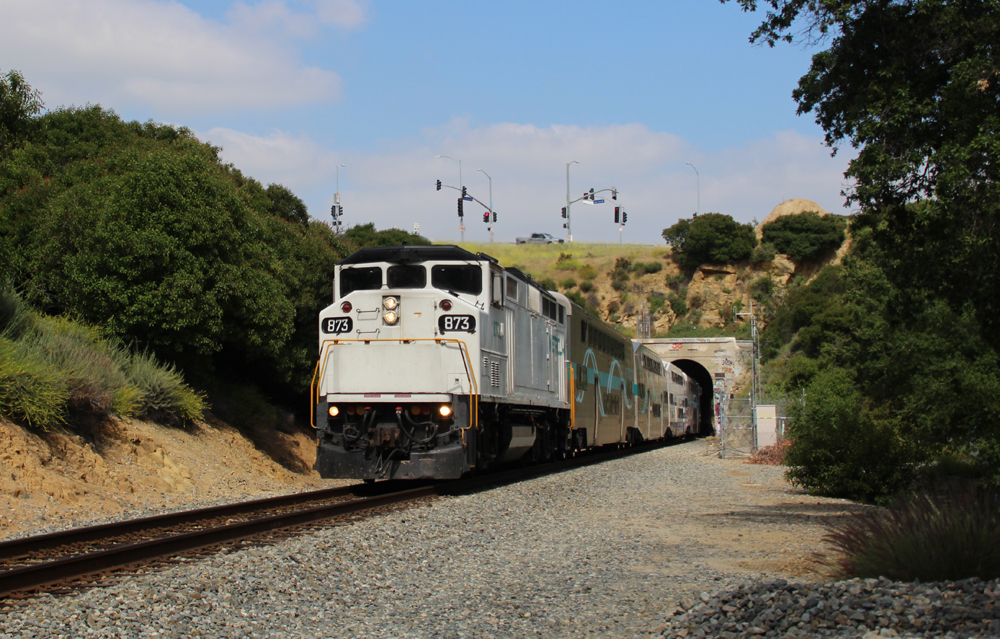
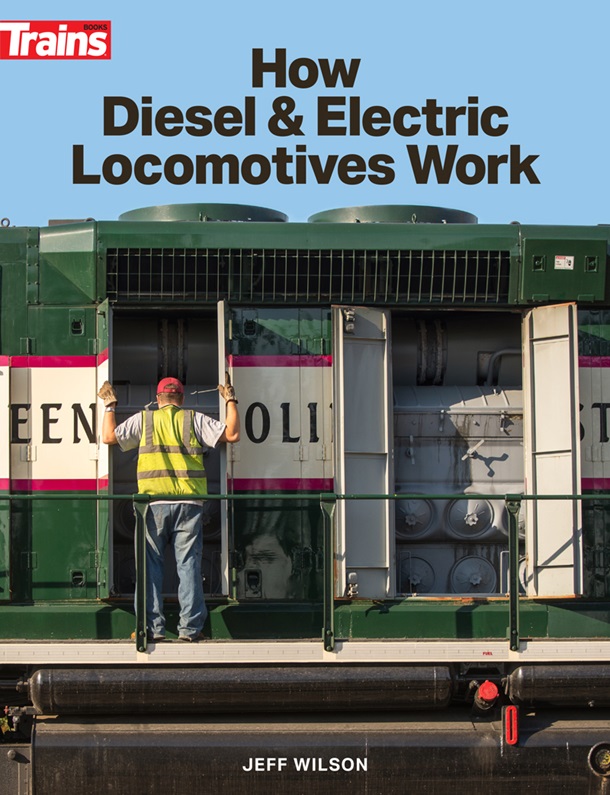
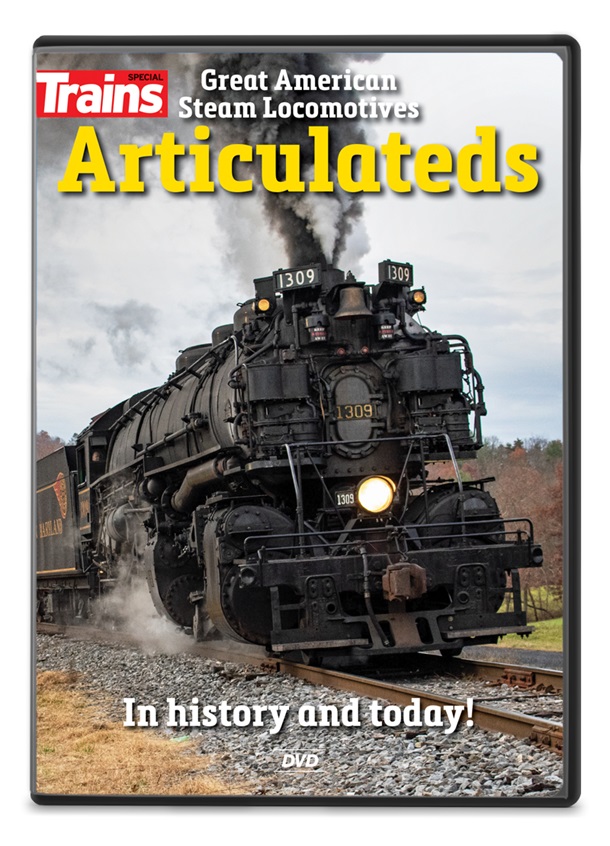

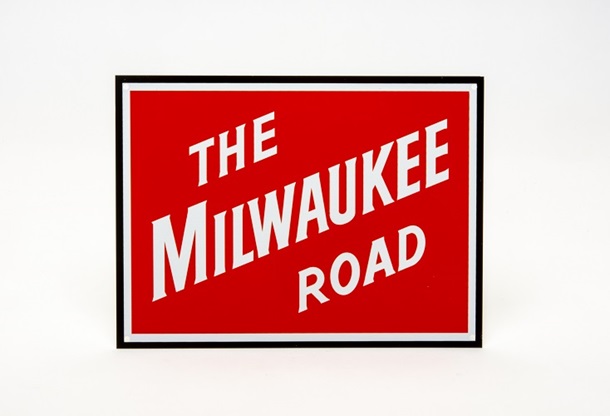
Sort of like what’s happened to Bennett Levin’s E-units and other trainsets. The expense of installing PTC means much equipment has been retired instead. On the riverways that is what got the Delta Queen retired. OK so the DQ didn’t get its exemption renewed. Yarmouth Castle.
Now don’t go giving the FRA, OSHA, and the rest of the Alphabet Soup any ideas. Centralized locking…on Knott’s Berry DON’T EVEN THINK!! Much of the FRA, etc’s limits on tourist railroads stems from the Gettysburg RR explosion of 1995. I will reverse-mention 0591 srenroC selaH which sadly Kalmbach should know of–if the RR’s remembered it NO ONE would ever allow ANY fan moves EVER AGAIN–even tho’ it apparently was the company’s own president that made the fatal decisions and orders then.
Oh, centralized locking itself may be unsafe! I just remembered the Spring Springs MD Capitol Ltd–commuter train head-on collision of 1996. The doors were centrally locked to prevent opening doors in transit; eight psgrs who couldn’t get out were burned to death. MD changed their doorlocking strategy posthumously.
The people in charge at the ORR sound pretty stupid to me…this is HERITAGE equipment running a mainline HERITAGE excursion, why the big deal with insisting on centralized door locking mechanisms, safety reasons not withstanding. If ORR wants centalized door locking mechanisms on the old MK 1 coaches then they can just as well foot the bill for the work on ALL of the equipment requiring it, either that or grandfather them into being exempt, like a sane government agency would do.
I’m sure the Office of Rail and Road will happily contribute £20 million to the local economy if these trains are discontinued…